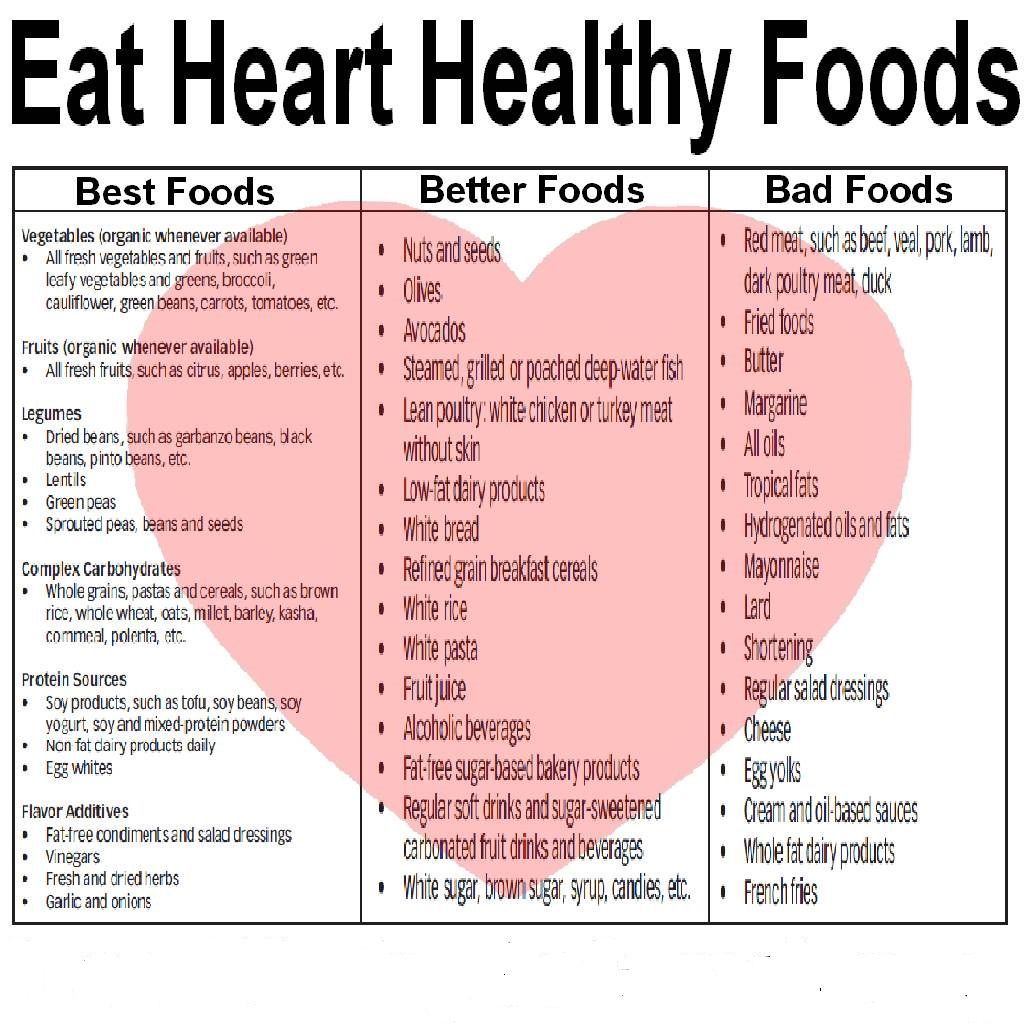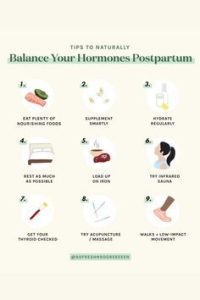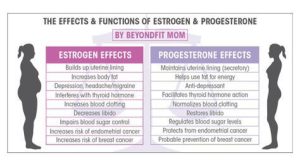
Cardiovascular disease is the leading cause of death among women worldwide. According to the World Heart Federation, more women die from cardiovascular disease than from any other cause. However, there is good news – many risk factors for cardiovascular disease are modifiable through lifestyle changes, such as exercise and diet. In this article, we will discuss exercise and diet recommendations for improving cardiovascular health in women.
The Importance of Exercise
Regular physical activity is key to maintaining cardiovascular health. Exercise helps improve heart health by:
Strengthening the heart muscle
Lowering blood pressure
Increasing HDL (good) cholesterol levels
Reducing LDL (bad) cholesterol levels
Maintaining a healthy weight
Managing stress levels
Health experts recommend at least 150 minutes of moderate-intensity aerobic exercise per week, or 75 minutes of vigorous-intensity exercise. It is important for women to find activities they enjoy and engage in them regularly. Examples of beneficial exercises for cardiovascular health include:
Brisk walking or jogging
Cycling
Swimming
Dancing
Aerobic classes
Strength Training for Heart Health
In addition to aerobic exercise, strength training is also important for cardiovascular health in women. Strength training helps improve overall muscle tone, bone density, and metabolism. It can be done using weights, resistance bands, or bodyweight exercises. Aim for two or more strength training sessions per week, targeting major muscle groups. This can include exercises such as:
Squats
Lunges
Push-ups
Plank
Bicep curls
A Heart-Healthy Diet
A well-balanced diet is crucial for maintaining cardiovascular health. Here are some diet recommendations for women:
1. Eat a Variety of Fruits and Vegetables
Fruits and vegetables are packed with vitamins, minerals, and antioxidants that promote heart health. Aim to include at least five servings of fruits and vegetables in your daily diet.
2. Choose Whole Grains
Replace refined grains with whole grains, as they are a great source of fiber and can help lower cholesterol levels. Incorporate whole wheat, brown rice, quinoa, and oats in your meals.
3. Include Heart-Healthy Fats
Avoid saturated and trans fats and opt for heart-healthy fats found in nuts, avocados, olive oil, and fatty fish like salmon. These fats can help reduce inflammation and improve cholesterol levels.
4. Limit Sodium Intake
Excess sodium can lead to high blood pressure and increase the risk of cardiovascular disease. Limit processed foods and opt for fresh, homemade meals with reduced salt content.
5. Control Portion Sizes
Monitoring portion sizes is important for weight management. Be mindful of serving sizes and try to avoid overeating.
6. Reduce Added Sugar
Excessive sugar consumption is linked to obesity, diabetes, and heart disease. Limit intake of sugary beverages, desserts, and processed snacks.
7. Stay Hydrated
Water is essential for maintaining healthy blood flow and hydration. Aim to drink at least 8 cups of water per day.
Conclusion
Improving cardiovascular health is crucial for women’s overall well-being and longevity. By incorporating regular exercise and following a heart-healthy diet, women can significantly reduce their risk of cardiovascular disease. Remember to consult with a healthcare professional before starting any new exercise or diet regimen to ensure it is suitable for your specific needs and condition. Make cardiovascular health a priority and take proactive steps to protect your heart.

